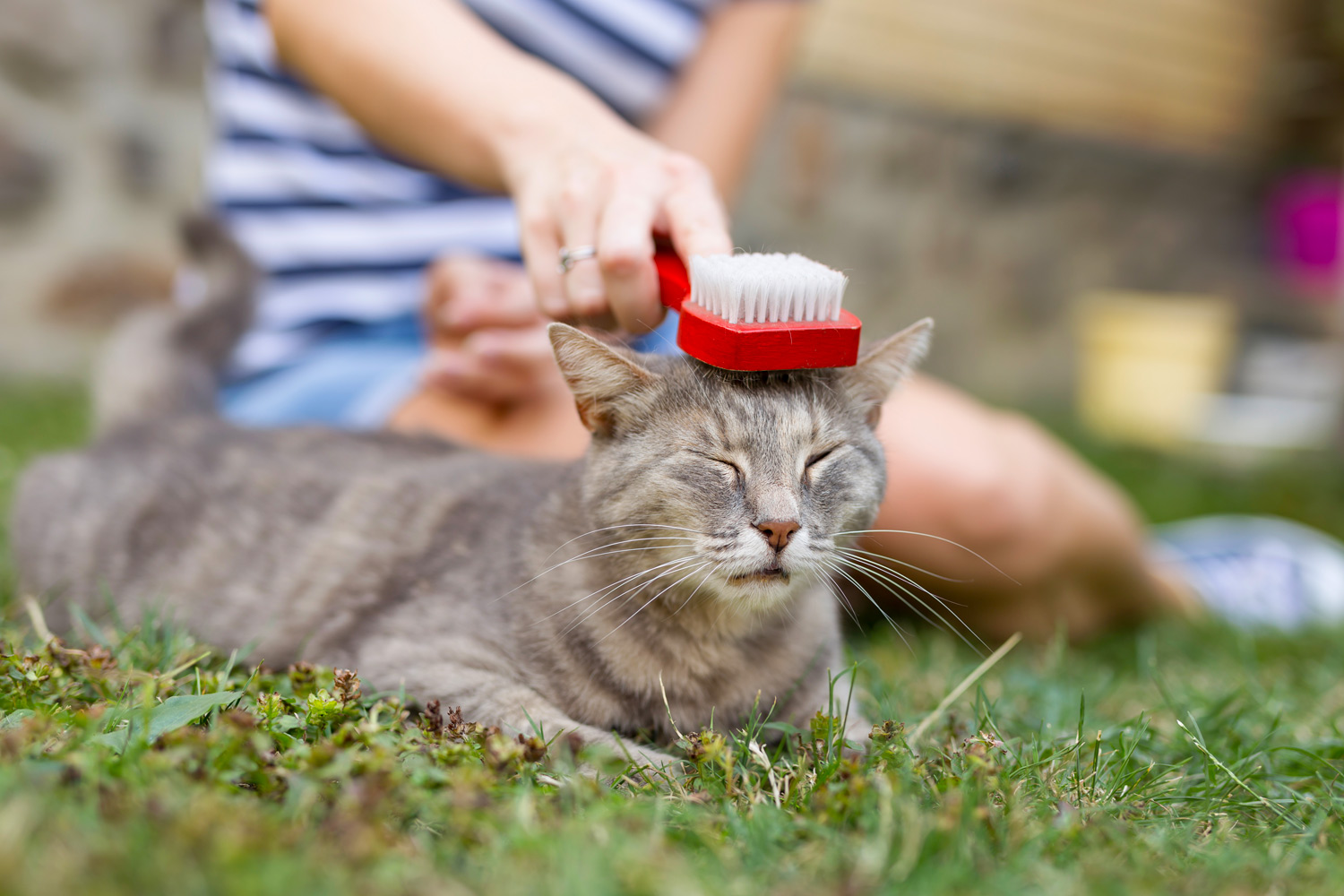Addressing dry skin is paramount for responsible pet ownership. As devoted caregivers, we understand the stress that accompanies this condition & the need for effective solutions. Here we’ll delve into the nuances of cat dry skin, offering insights, actionable tips, and expert recommendations to ensure your feline companion’s optimal skin health.
Understanding Cat Dry Skin
Cat dry skin can stem from various factors, including environmental influences, nutritional deficiencies, and underlying health issues. Recognizing the symptoms is crucial for early intervention. Common signs include excessive scratching, flakiness, and a dull coat. It’s imperative to pinpoint the root cause to tailor an effective care plan for your feline friend.
Environmental Factors and Cat Dry Skin
Humidity Matters
The ambient humidity in your home plays a pivotal role in your cat’s skin health. Low humidity levels can contribute to dryness. Invest in a quality humidifier to maintain an optimal environment, especially during dry seasons.
Grooming Practices
Regular grooming is a cornerstone in preventing cat dry skin. Brushing your cat’s fur not only removes dead skin cells but also stimulates natural oil production. Opt for a feline-friendly brush to make the experience enjoyable for your pet.
Nutritional Considerations
The Role of Diet
A well-balanced diet is instrumental in maintaining your cat’s overall health, including their skin. Ensure your feline companion receives adequate omega-3 and omega-6 fatty acids, which are essential for skin hydration. High-quality cat food brands often incorporate these nutrients.
Hydration Matters
Proper hydration is often overlooked in addressing cat dry skin. Ensure your cat has constant access to fresh water. Consider incorporating wet food into their diet to boost moisture intake.
Remedies for Cat Dry Skin
Moisturizing Cat Shampoos
Invest in a moisturizing cat shampoo enriched with natural oils. This not only cleanses but also hydrates your cat’s skin. Look for products containing ingredients like aloe vera, oatmeal, or coconut oil for optimal results.
Dietary Supplements
Supplements can complement your cat’s diet, promoting skin health from within. Omega-3 fatty acid supplements are renowned for their anti-inflammatory properties, benefiting both skin and coat.
Seeking Veterinary Guidance
When home remedies prove insufficient, consulting a veterinarian is crucial. Professional advice ensures an accurate diagnosis and tailored treatment plan, addressing any underlying health issues contributing to cat dry skin.
Cat dry skin is a manageable condition with the right approach. By understanding the intricacies of your feline companion’s environment, nutrition, and grooming needs, you pave the way for a healthier, happier cat. Implementing these insights will not only alleviate existing dry skin concerns but also serve as a preventative measure for long-term well-being and happiness!
Yours in Paws,
The PawPaw Team

